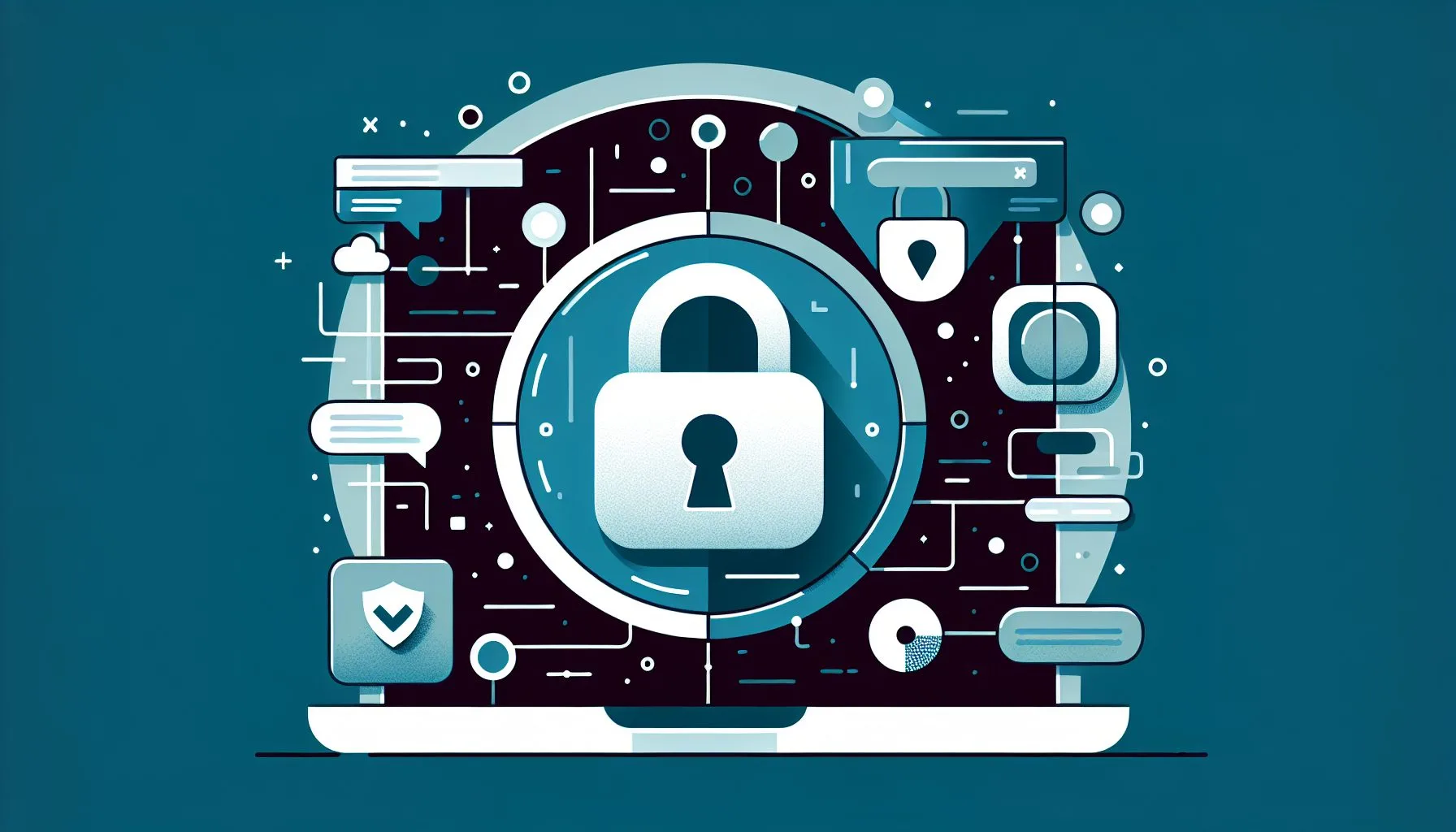Interesting Facts
Losing access to your Twitter account can feel jarring�almost as if a familiar window to a lively world of conversations and connections has abruptly shuttered. For many, Twitter is more than just a platform; it�s a space where ideas spark, friendships form, and professional networks grow. Suddenly being locked out�whether by forgetting your password, deactivating by accident, or facing a suspension�raises a pressing question: How do I get my Twitter account back? This guide walks you through practical steps, sprinkled with insights and advice, to help ease that journey back into your Twitter community.
Step One: Tackling Password Recovery
The first�and often simplest�route to reclaiming your Twitter account is resetting your password. Twitter�s recovery system is designed to be secure yet user-friendly. When you arrive at the login page, click the 4Forgot password?34 link. From there, you�ll need to enter your email address, phone number, or Twitter handle associated with the account. Twitter will then send a verification code or link to the contact method linked to your profile, allowing you to create a new password and regain entry.
While straightforward in theory, this step can prove tricky if your recovery information is outdated or inaccessible. Maybe you�ve switched phone numbers and forgot to update them, or your email has become cluttered with spam, causing the reset messages to get lost. In these cases, patience becomes key. Check all email folders, including spam and junk, confirm if alternative email addresses might be linked, and try to recall any other phone numbers associated with the account. Piecing together these details is like gathering clues�small actions that can unlock access when things seem locked tight.
When Accounts Are Deactivated: The 30-Day Grace Period
Sometimes, the account isn�t lost due to a forgotten password but because it was deactivated�intentionally or accidentally. Twitter understands that people sometimes need breaks from social media, so they allow users to deactivate accounts temporarily. After deactivation, there�s a 30-day window during which you can log back in to reactivate your account with everything intact, from followers to tweets and settings. This grace period serves as a safety net for moments of uncertainty or stepbacks.
However, if more than 30 days pass, Twitter will permanently delete the account, including all of its data. At that point, recovery becomes virtually impossible; the account is gone for good. Remembering this timeframe is crucial�whether you took a short break or let time slip by unknowingly, the clock is ticking on those precious days to return.
Facing Suspension: Navigating a More Complex Road
A suspension is often the most complicated hurdle. Twitter actively enforces its rules to keep the platform safe and respectful, temporarily locking accounts involved in hate speech, spam, abusive behavior, or other violations. If your account gets suspended, Twitter usually sends a notification explaining the reasons and outlining next steps.
Unlike password recovery or reactivation, suspensions involve a formal appeal process. This isn�t just ticking a box�it�s a chance to communicate your perspective with clarity and respect. When submitting an appeal, keep your tone calm and factual, provide any details that confirm your ownership, and explain the context behind the flagged content if relevant. For many users, this step demands patience, as appeal reviews can take time and may require several rounds of communication.
The key takeaway here is not to rush or get discouraged. Appeals show Twitter you�re engaging seriously with their guidelines, and a considered, polite approach often improves your chances of regaining access. For detailed strategies, you can refer to how to unsuspend a Twitter account.
Why Promptness Matters: Avoiding Common Pitfalls
Twitter�s official guidance in 2024 underlines the importance of acting quickly during recovery. Delays, repeated login failures, or ignoring emails from Twitter�s support team can lead to complications or even permanent account loss.
Imagine you receive a message about suspicious activity or a required verification but overlook it for days. That window may close quietly, locking out the chance to reactivate. Similarly, entering the wrong password too many times can trigger temporary lockouts, pushing your recovery further away.
It�s also worth noting that notifications might sometimes end up buried in your email. Staying alert to these prompts�checking spam folders and using filters to highlight messages from Twitter�helps ensure you don�t miss critical steps in the recovery process.
Outdated Recovery Information: The Hidden Challenge
One of the most frustrating barriers arises when your recovery details no longer match your current contact info. People change phones, swap numbers, or stop using old email addresses, but if Twitter�s records aren�t updated, recovery codes and links will never reach you.
In these situations, direct contact with Twitter support is necessary. Though it can feel daunting, the support team often asks for alternative proofs of ownership, such as details about your past activity, names of frequent contacts, or unique tweets you�ve posted. This verification process strikes a delicate balance: safeguarding users� security while allowing authentic owners a way back in. For assistance, see resources on restoring Twitter account access.
Securing Your Account Post-Recovery: Prevention Is Better Than Cure
Once you regain access, it�s smart to spend a little time locking down your account against future hiccups. Update your email and phone number in Twitter settings so they always reflect your current contacts. Adding two-factor authentication (2FA) is a proven way to strengthen security; it means even if someone guesses your password, they still can’t enter without a special code sent to your device.
Regularly review third-party apps you�ve connected to your account, too. Removing unexpected or unused apps prevents unauthorized access and reduces security risks. By being proactive, you create a safety net that helps avoid the challenges of losing access in the first place. For ongoing safety and service, consider the professional brokerage and online talent management services offered by ViralAccounts.
More Than Just Technicalities: The Emotional Side of Losing Twitter
Losing your Twitter account, especially after years of tweeting and connecting, often carries emotional weight. Your account likely holds memories, conversations, and even parts of your identity. The disruption can feel like losing a thread in your personal and professional tapestry.
Remember Anna�s story�she deactivated her account during a stressful period and missed the window to reactivate. When she tried months later, her account was gone forever. The loss wasn�t just about tweets disappearing; it was like losing a journal she had carefully built.
Similarly, Marcus faced suspension after posting a controversial tweet. Instead of reacting with frustration, he carefully crafted an appeal explaining his perspective. Weeks later, his account was reinstated, reminding him�and all of us�of the power of patience and clear communication.
Handling Suspicious Activity and Security Flags
Sometimes, Twitter locks an account because it detects unusual behavior, such as rapid logins from different locations or unusual tweeting patterns. If this happens, carefully follow the instructions provided�these may include identity verification or confirming recent account activity.
Avoid repeatedly trying to access your account on multiple devices or resetting your password too often. These actions can trigger additional security blocks, making the situation more complex. Instead, focus on following official guidance step-by-step, providing requested information promptly, and patiently waiting for Twitter�s response.
Staying Updated: Twitter�s Evolving Platform
Twitter isn�t static. Policies, security features, and customer support methods evolve regularly. What worked for account recovery last year may have subtle changes today. Keeping an eye on official Twitter announcements or trusted tech news outlets can prepare you for shifts in how issues are handled.
Following reputable sources helps you navigate new features or altered procedures smoothly, reducing surprises if you face account difficulties. For instance, ViralAccounts offers a help blog covering latest platform news and account management tips.
Breaking It Down: A Step-by-Step Recovery Approach
If you find yourself thinking, 4How do I get my Twitter account back?34 try breaking the process into manageable stages:
- Attempt password recovery through the 4Forgot password?34 option.
- Consider if your account might be deactivated and check for the 30-day reactivation window.
- Review any suspension notices carefully and prepare to submit an appeal if appropriate.
- Ensure your recovery information is current; if not, contact Twitter support with thorough details.
- Keep notes on what steps you�ve taken and any communications received.
- Remain patient; the process can take time but persistent, clear efforts pay off.
Practical Tips to Ease Your Recovery
- Create a strong, memorable password; consider using a password manager to keep track without stress.
- Regularly check and update your contact details in Twitter settings to avoid future snags.
- When appealing a suspension, stay polite and to the point�avoid emotional language that might cloud your explanation.
- Always act swiftly on emails from Twitter seeking verification or additional info.
- Turn on two-factor authentication as an extra guard against hacking.
- Periodically review connected third-party apps and revoke any that seem unfamiliar.
Recover Your Twitter Account with Expert Help
Collaboration for Successful Twitter Account Recovery
Recovering a Twitter account is rarely just a technical fix. Behind the platform is a team trying to uphold community and security standards. Approaching recovery as a cooperative process, rather than a confrontation, can ease frustration and lead to better outcomes.
Your Twitter presence isn�t just a handle or a timeline�it�s part of your story and your network. Taking the time to recover it thoughtfully not only restores access but reconnects you to a digital community woven through your life.
So the next time you find yourself locked out or suspended, remember to breathe, gather your details, and move step by step through the process. With patience and care, the door back to your Twitter world might just open again�welcoming you home.
What should I do first if I can’t access my Twitter account?
Start by using Twitter’s ‘Forgot password?’ feature to reset your password with your associated email, phone number, or username.
How long do I have to reactivate a deactivated Twitter account?
You have a 30-day grace period after deactivation to log back in and reactivate your account with all your data intact.
What can I do if my account is suspended?
Carefully read the suspension notice, then submit a calm and factual appeal to Twitter explaining your case to potentially regain access.

